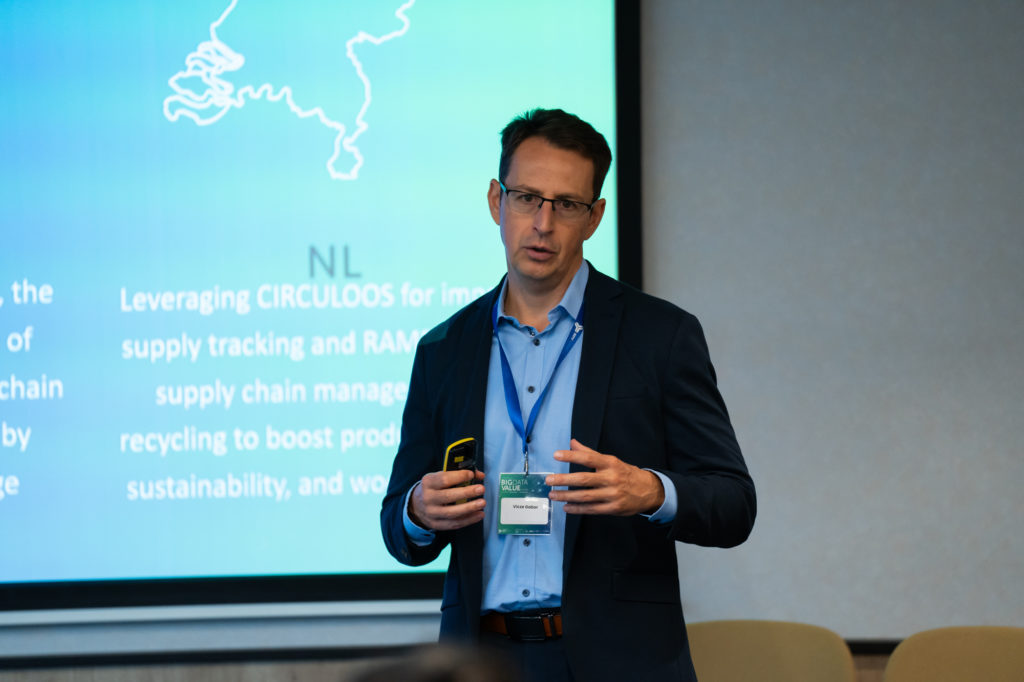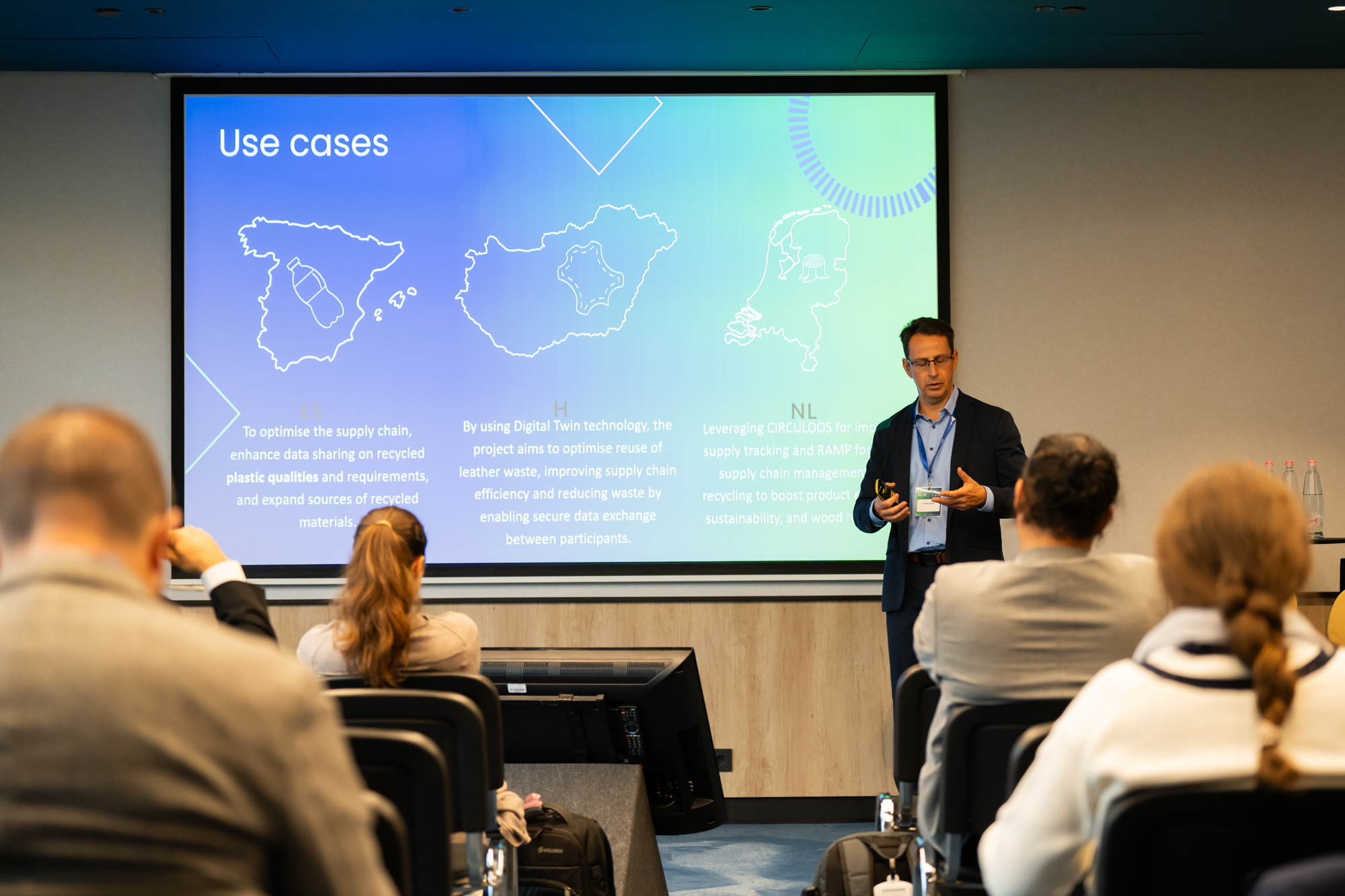The European Big Data Value Forum (EBDVF) 2024, held in Budapest from October 2-4, 2024, brought together thought leaders, innovators, and key stakeholders to explore the latest trends and technological advancements in the fields of AI, data, and digital transformation. One of the manufacturing-focused sessions was “Moving to the Edge: The Impact and Implications of the CEI Continuum on Manufacturing”, sponsored by PANDORA, AIREDGIO5.0, and CIRCULOOS. This session focused on the transformative role that the Cloud-Edge-IoT (CEI) continuum can play in reshaping manufacturing, with a special emphasis on its potential to support circular economy practices.
CEI Continuum Meets Circular Economy
The session’s objective was to dive deep into how the CEI continuum—the interconnected ecosystem of cloud computing, edge computing, and IoT—can enhance the efficiency, sustainability, and innovation capacity of European manufacturing. With a focus on circular economy principles, the discussion explored how these technologies can be applied to optimize resource use, reduce waste, and enable sustainable manufacturing processes.
During the session, several flagship projects like PANDORA, AIREDGIO 5.0, and CIRCULOOS showcased real-world industrial use cases. These projects are pioneering the use of AI at the edge, IoT-generated data, and supply chain orchestration to support both large and small manufacturers in their transition toward sustainable, circular business models.

CIRCULOOS and Circular Manufacturing
Representing the CIRCULOOS project, Gábor Vicze Ph.D., CEO of innomine and leader of digital innovation in manufacturing, contributed a key presentation on the CEI Continuum and Circular Economy in Manufacturing. The aim of the CIRCULOOS project is to empower micro, small, and medium-sized enterprises (MSMEs) across Europe to adopt digital tools that foster circular manufacturing processes. These tools allow companies to optimize their supply chains, improve sustainability profiles, and participate in circular economies.
Key contributions from our presentation included:
- Cloud-Edge-IoT Enabling Circularity: Highlighting how IoT sensors, edge computing, and real-time cloud analytics enable manufacturers to monitor resource use, track product lifecycles, and improve overall efficiency. This helps reduce waste and drive sustainability across production processes.
- Real-Time Monitoring for Circular Goals: Demonstrating how predictive maintenance and smart factories can extend the lifespan of equipment, reduce material consumption, and align with circular economy principles.
- Use Cases: Showcasing CIRCULOOS’s real-world impact, from digital twin technologies used to optimize leather waste reuse, to blockchain-based data exchange frameworks that enhance supply chain transparency and trust in recycling processes.
Shaping the Future of Manufacturing with CEI and Circular Economy
The EBDVF 2024 session made it clear that the CEI continuum is more than just a technological trend—it is a key enabler of the circular economy, especially within the manufacturing sector. By leveraging real-time data, AI-driven insights, and edge computing capabilities, manufacturers can significantly improve their sustainability efforts and optimize their supply chains.
At the heart of this transformation is the CIRCULOOS project, which offers tangible solutions for MSMEs to navigate the complexities of adopting circular economy practices using cutting-edge digital tools. This session not only underlined the importance of digital innovation in manufacturing but also reinforced the urgent need for collaboration across industries to achieve Europe’s sustainability goals.


